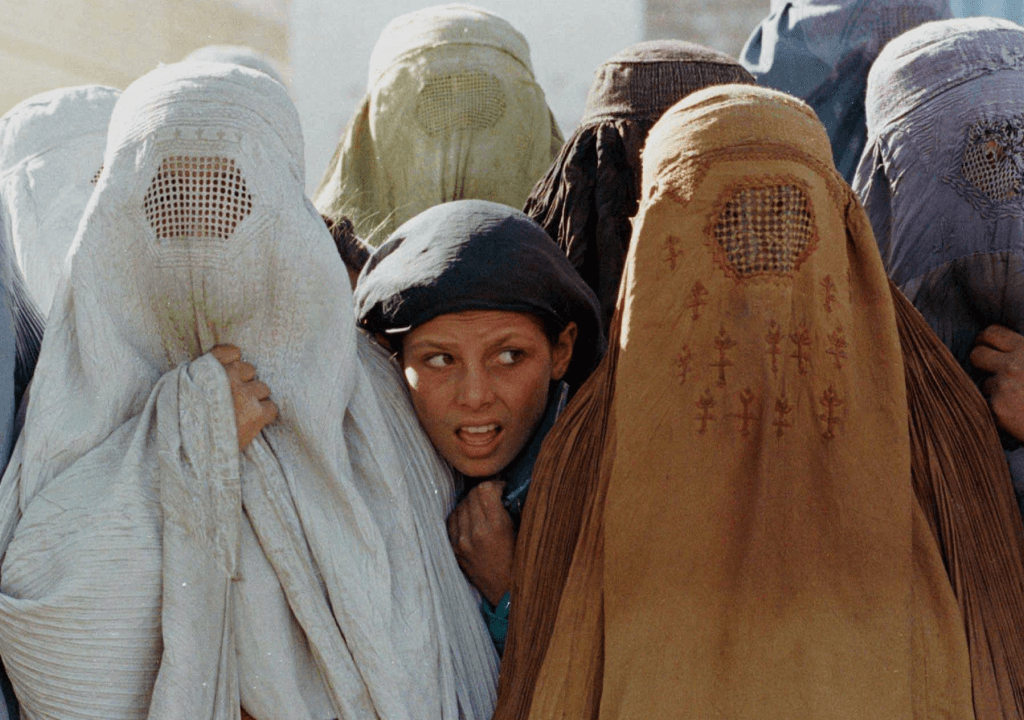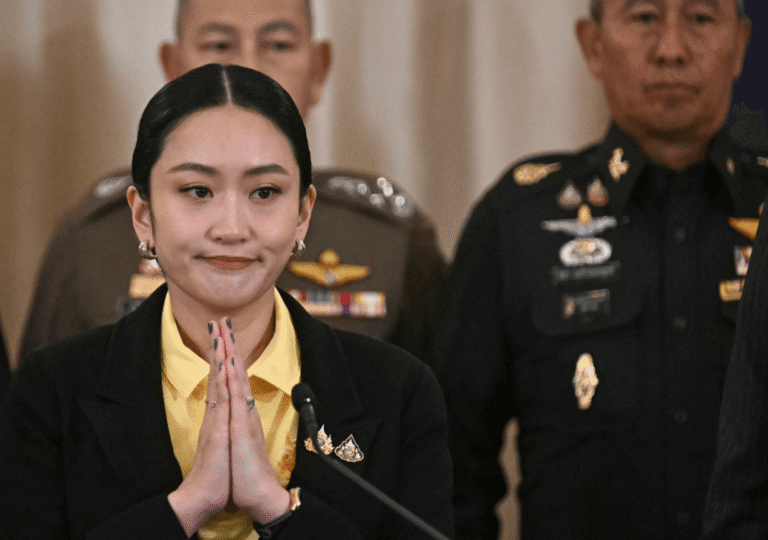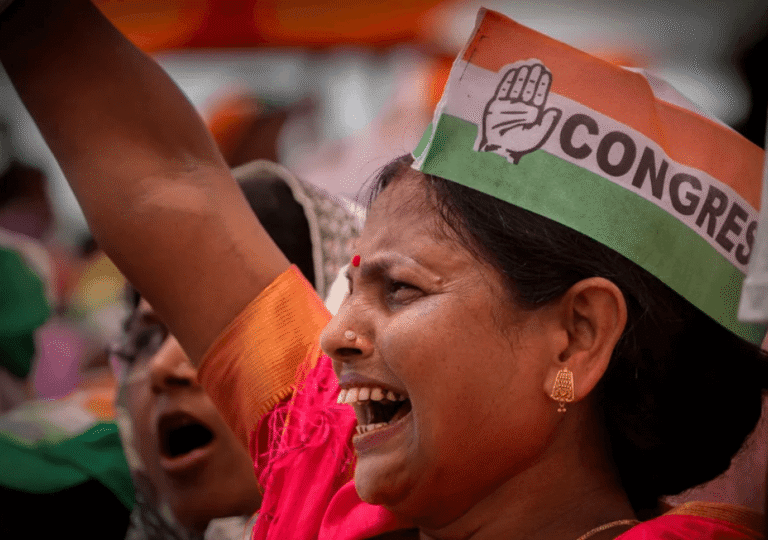The West abandoned Afghanistan, which is now ruled by the extreme Islamist organization, the Taliban, and is entering another year under outdated and inhuman laws. The land, long controlled by various foreign powers from Indian rulers to the United States, now has its own leaders, although influenced by foreign philosophies. News from the Islamic Republic of Afghanistan is no longer making front-page headlines and is almost being neglected by the world media. This may be due to the perception that nothing more than expected is happening, and the repetition of such news has become mundane. The suppression of women, brutal punishments, and enforced dress codes are all nothing new. Some analysts previously believed that the new Taliban, allowed to take control of Afghanistan by the United States, would be different from the previous regime and that Afghanistan might adopt more relaxed Islamic laws, after two years, Afghanistan remains a strictly Islamic and regressive state.
Even though it may seem planned or scripted, The new era of Taliban rule commenced shortly after NATO troops began their withdrawal. The Taliban swiftly launched an offensive against the Afghan government, making rapid advances as Afghan government forces collapsed. In August 2021, the Taliban seized the capital city of Kabul after regaining control over the vast majority of Afghanistan. Though the state of war in the country officially ended in 2021 with the reestablishment of an Islamic state, armed conflict persists in some regions due to fighting between the Taliban and the local branch of Islamic terrorist organizations, as well as an anti-Taliban republican insurgency.
The Taliban government, which mostly resembles the Islamic Republic of Iran government, albeit the Sunni version, is led by Supreme Leader Haibatullah Akhundzada and Acting Prime Minister Hasan Akhund, both inaugurated in September 2021. Akhund is among the four founders of the Taliban and formerly served as a deputy prime minister of the previous emirate. His appointment was perceived as a compromise between moderates and hardliners. A new, all-male cabinet was formed by obeying Islamic Laws. The United Nations did not recognize the Taliban government and chose to work with the then government-in-exile instead. However, more countries, including Russia, are now seeking diplomatic relationships with the central Asian country due to its crucial location. Despite having sustained almost two years, the country’s economic and social conditions are reported to be worsening.
After the NATO withdrawal, the country experienced a steep decline in its financial condition. Subsequently, following the Taliban’s takeover of Afghanistan in August 2021, Western nations suspended most of their humanitarian aid to the country. Furthermore, the World Bank and International Monetary Fund halted their payments. Reports of food shortages and famine, along with expected news of banning females from education and public life, were common at the time of the takeover and in the following months. The help from Islamic countries like Qatar is now the backbone of the country’s economy. And addressing the economic reality, The Taliban is slowly promoting tourism now.
Afghanistan has high potential for tourism, but it was disturbed by the Islamic resurgence in the 1990s. Kabul was one of the favorite destinations for Indians and Europeans. The country’s most sought-after tourist destination is the Mountainous Bamiyan, a UNESCO World Heritage site, and the remains of two giant Buddha statues that were blown up by the Taliban during their previous rule in 2001. Since taking over Afghanistan in 2021, the Taliban have pledged to restore security and have encouraged a small but growing number of tourists to trickle back into the country. They sold tickets to visit the site of the destroyed Buddha statues. However, the threat from Islamists continues, jeopardizing Afghanistan’s chances. Just recently, an attack by the Islamic State killed three Spanish tourists. Previously, the Islamic State had claimed responsibility for an attack that injured Chinese citizens at a hotel popular with Chinese business people in Kabul in 2022.
Social conditions are also a significant concern about the country. Despite promises of a more moderate rule, the Taliban began carrying out severe punishments in public, executions, floggings, and stoning, shortly after returning to power in 2021. These punishments resemble those witnessed during the Taliban’s previous rule in the late 1990s. Last week, the Taliban conducted public floggings of more than 60 people, including over a dozen women, in the northern Sari Pul province.
At least 63 people were lashed on Tuesday by Afghanistan’s de facto authorities, as confirmed by the UN Assistance Mission in Afghanistan in a statement. The mission denounced corporal punishment and urged adherence to international human rights obligations. The Taliban’s supreme court also confirmed the public flogging of 63 individuals, including 14 women accused of crimes such as sodomy, theft, and immoral relations. They were subjected to flogging at a sports stadium. Separate statements by the supreme court reported that a man and a woman, convicted of adultery and attempting to flee from home, were flogged in northern Panjshir province on Wednesday. Earlier this year, the Taliban publicly executed a man convicted of murder, with thousands watching at a stadium in northern Jawzjan province. This incident marked the fifth public execution since the Taliban seized power.
The disastrous fate and misery of the beautiful Asian country continues. Unlike their previous emirate, The Taliban is now more mild. they don’t intervene in terrorism in other countries, and they are not considered a threat even by neighbors. However, life in Afghanistan does not vary significantly from the previous term. Strict Islamic laws continue, with women already ousted from public places, and outdated punishments described in Islamic rules still persist. Therefore, changes are evident in Afghanistan, but only in a regressive manner.








